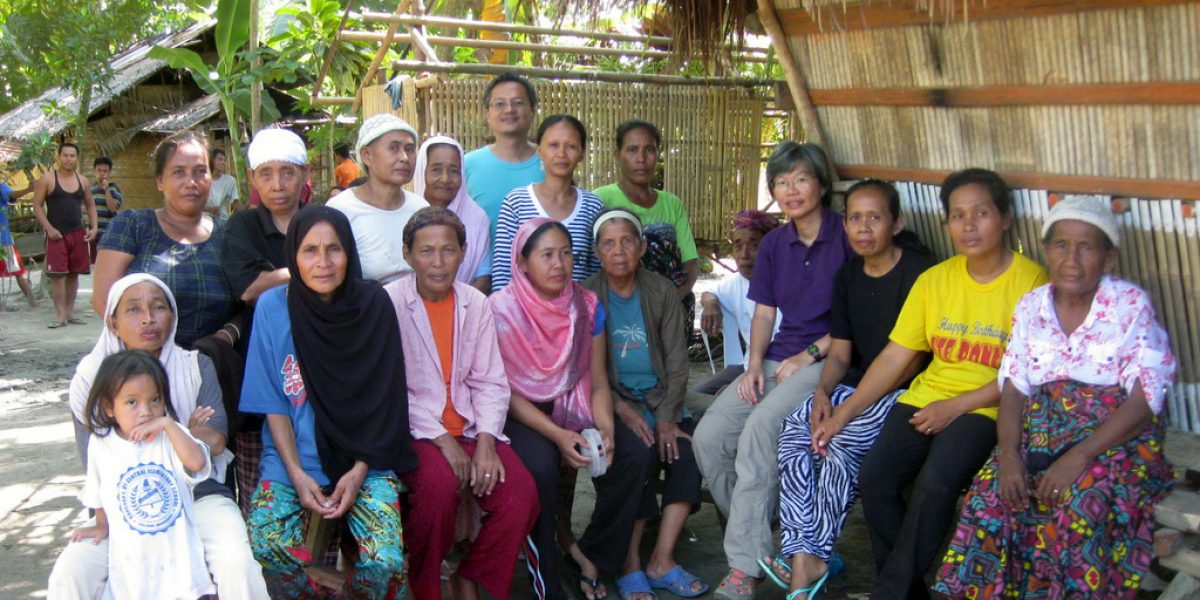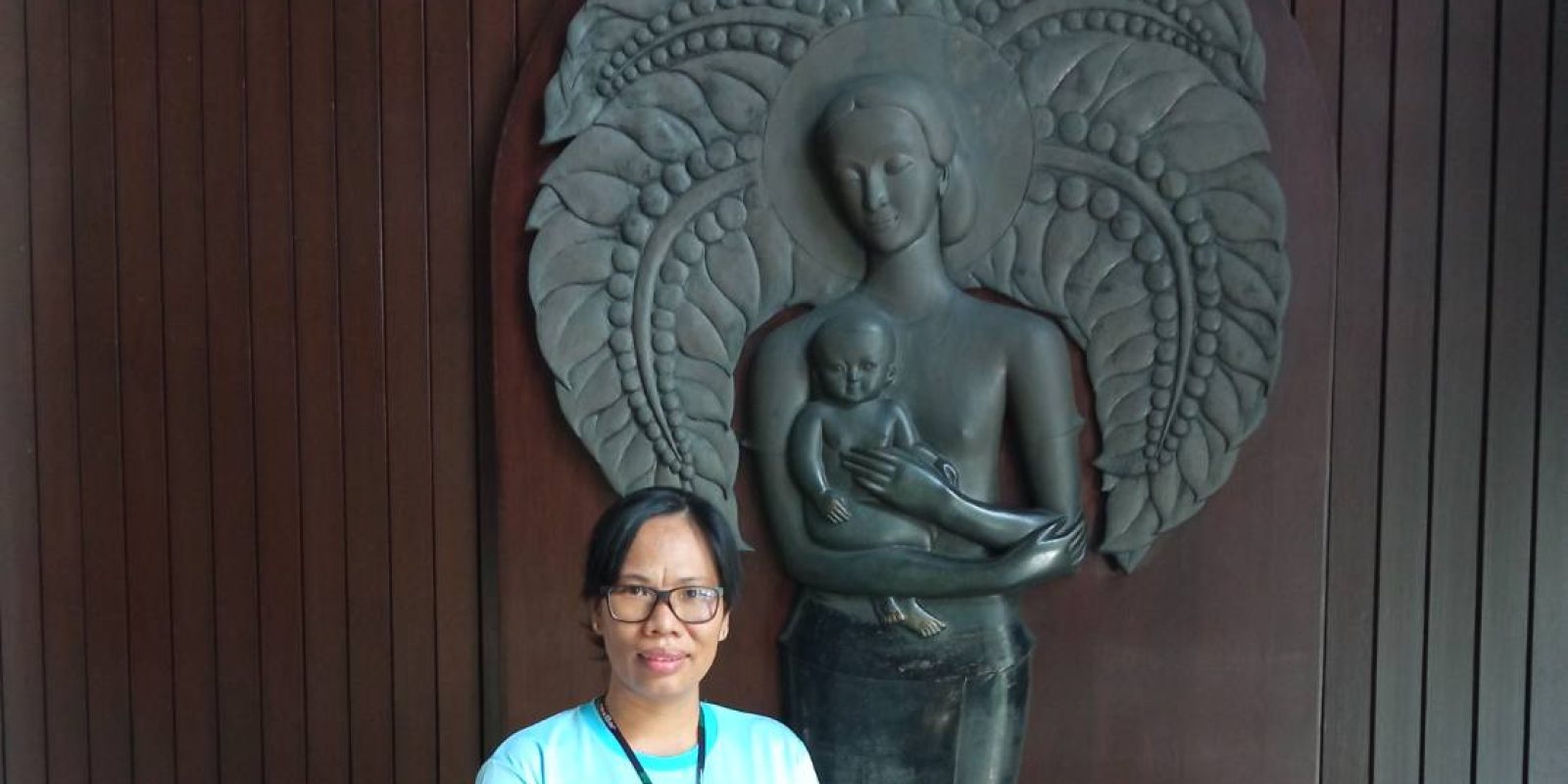Philippines: Violence displaced returnee communities anew
12 February 2014|Louie Bacomo

Mindanao,12 February 2014 – Internally Displaced returnee communities in Maguindanao and North Cotabato, in the southern Philippines, were forced to flee once again, just one day after the signing of the last annex of the Bangsamoro Framework (FAB), the much anticipated peace agreement between the Moro Islamic Liberation Front (MILF) and the government of the Philippines, on 26th January, 2014.
Fighting between the Bangsamoro Islamic Freedom Fighters (BIFF) and government forces has resumed ever since the New Year. On 20th January, the military requested evacuation of civilians in at least four municipalities in Maguindanao where BIFF camps are located. A JRS field officer reported that “In Kabasalan, there are more or less 40 airplanes and speed boats. In Rajah Buayan, there are 48 military trucks. In Datu Salibu about 20 military trucks, and across the Pulangi River, there are more than 100 military men.” The military launched their coordinated assault of BIFF areas on January 27 with shelling and bombardment of IDP returnee communities, including those assisted by JRS – Ganta, Pandi and Damabalas. In Datu Piang, Maguindanao where JRS has a field post, a bomb exploded in the marketplace on 2nd February, injuring a pregnant woman and an eight-year old girl.
There are no new evacuation centers and IDPs are living with relatives in Datu Piang, Pikit and other nearby towns. Most of these towns are the same areas where they sought shelter during the displacement in 2008 when the peace process with the previous government collapsed. The local government units (LGUs) have provided food packages to the IDPs. The LGU and DSWD of Datu Piang have delivered food to about 400 families in the town center. JRS has reached out to the IDPs who are in Datu Piang but is limited by security and safety concerns. JRS Project Director, Blas Descallar, is communicating with the field officer to assess the situation and provide emergency assistance. “We have some information but we need to validate it since our main concern for now is safety,” he added.
The peace process between the Moro Islamic Liberation Front (MILF) and the Philippine government (GPH) has been difficult. The failure of the agreement on the ancestral domain issue (MOA-AD) in August 2008 resulted to the biggest conflict displacement in the Philippines during the last decade. The approval of the last of four major annexes of the Framework Agreement Bangsamoro (FAB) now paves the way for the signing of the Comprehensive Agreement Bangsamoro (CAB). It is a key achievement for both the Moro Islamic Liberation Front (MILF) and the Philippine government (GPH) and demonstrated their strong resolve towards a peaceful resolution to the conflict despite the violence incited by other rebel groups including the most recent siege of Zamboanga City.
The government and the MILF representatives are hopeful but realistic about the challenges ahead. MILF peace panel chair Mohagher Iqbal said that the last annex entailed a “lot of sacrifices on the part of the MILF.” GPH chief negotiator Miriam Coronel-Ferrer said that while this signing marks the end of the negotiation, “It also marks the beginning of the bigger challenge ahead which is the bigger challenge of implementation.”
The present violence and displacement involving the BIFF, a splinter group of the MILF, certainly pose a critical challenge for all. Armed alliances among Moro groups opposed to the FAB have caused death and disruption of lives and livelihoods in many communities. Aid organizations present in these communities, such as JRS, have witnessed and experienced the seemingly endless task of communities rebuilding their lives amidst ongoing conflict. “We have been evacuating here and there since I was small. When will I stop this life of a bakwit (evacuee)?” asked an elderly woman from Pandi village who JRS is assisting.
With the resumption of violence on land now occupied by returnee communities, it is clear that the final peace agreement, described as a highly confidential negotiation process by the government and MILF leaders, has not won the confidence of the people. Not yet.
Louie Bacomo, JRS Asia Pacific Regional Programme Officer



